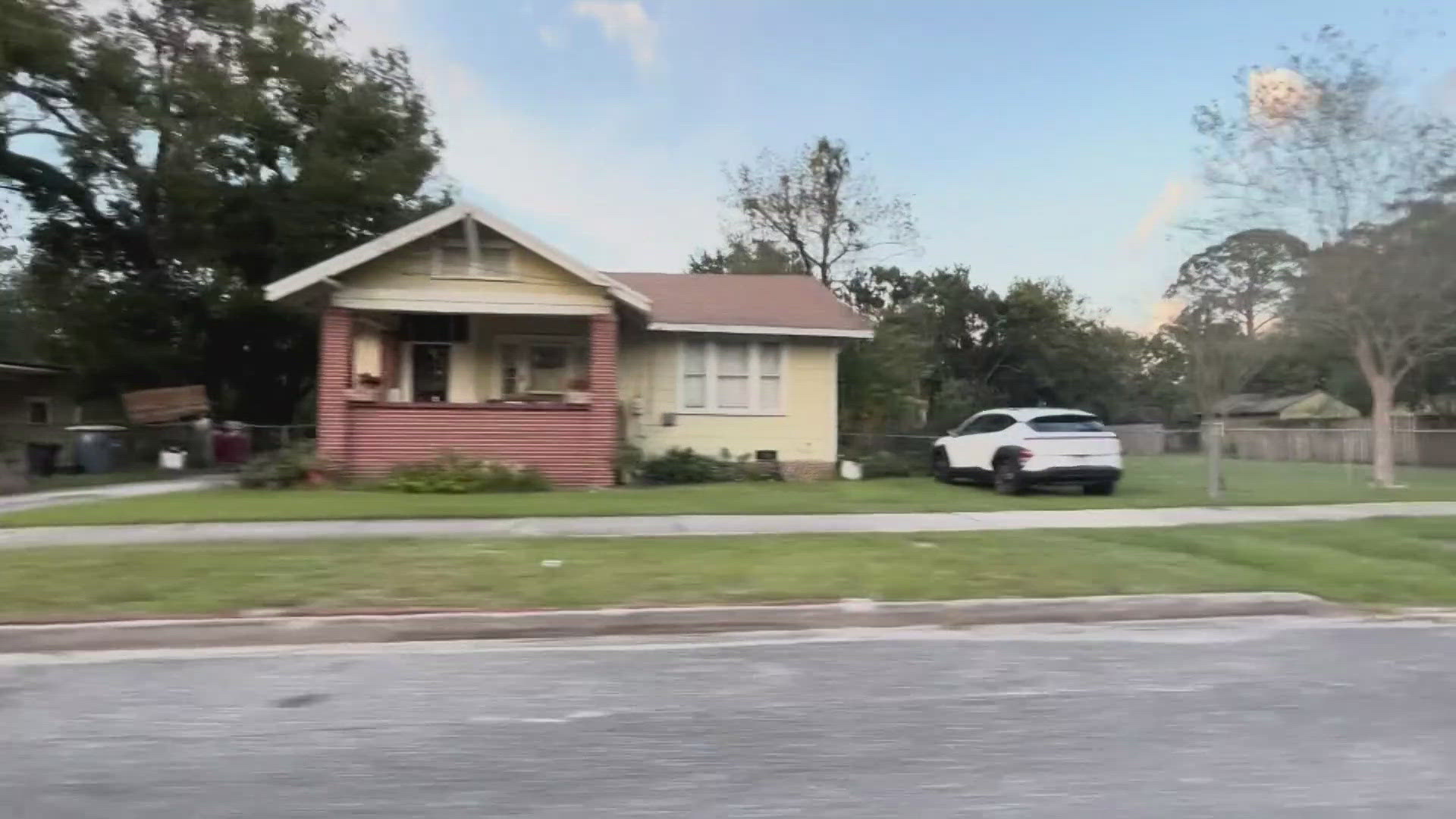Eight Navy helicopters circled the Jacksonville skies in 1963 and picked women and children, their nostrils covered in smoke, from the Roosevelt Hotel roof-top downtown.
Below a fire burned.
Fifty years ago today, on December, 29, 1963, 22 people died when a fire ripped through the downtown hotel's ballroom. It was called the greatest single tragedy in Jacksonville history to date.
Officials never figured out what started the fire in the 13-story building located on Adams Street near Main Street just before 8 a.m.
The 479 people staying in the hotel, including 20 permanent residents, were forced to evacuate due to the smoke. The fire never burned above the second floor.
Hotel guest died in their beds, suffocated by the smoke.
The grand hotel was more packed than usual. The day before the North Carolina football team beat Air Force, 35-0 in the Gator Bowl. A post Gator Bowl party was held in the same ballroom the night before the fire broke out.
One of the guest in the hotel that morning was the reigning Miss America, 21-year-old Donna Axum. She survived thanks to help from one of the many heroic firefighters on the scene that day.
Trapped hotel patrons with wet towels over their heads reached from the smoke filled windows and begged for help from police and fire rescue crews below. Officers used bull horns to reply, "Don't jump." Ladders brought in couldn't reach above the eighth floor, but rescuers made due and pulled the desperate guests to safety.
Three Jacksonville Navy operations sent eight helicopters to the scene to help rescue people from the roof, most of them women and children.
When the fire was put out, firefighters slowly carried down the bodies of the dead. CPR was performed on each one once they were outside.
In all, twenty-two people died that day and hundreds more were taken to local hospitals. One of the deaths wasan assistant fire chief who died of a heart attack during the rescue effort.
Today, the building still stands on Adams street is an apartment building known as The Carling. Passers-by are likely oblivious to the tragedy that struck the old hotel 50 years ago.
FIRST HAND REPORT
"First big story I ever reported in my life, was that morning, that Sunday morning," said Howard Kelley as he stood in front of the The Carling.
Kelley was a junior at the University of Florida working at WPDQ radio on the holiday break when he got a call from sales manager Harry Talbot, the voice of the Gator Bowl.
Talbot was seeing all the smoke as firemen were making their way to the grand hotel on Adams Street.
"He was seeing news first-hand. I told Harry don't give up that phone booth just stay and tell me what is going on," Kelley said.
Kelley stayed on the radio for an hour as Talbot described what was happening.
The young reporter got off the radio and went by the scene just after rescue efforts ended. He was on his way to the city morgue.
"When I saw all of the bed linens that were hanging out of the windows, swaying in the wind, it told the story of what had gone on here," he said looking up at the windows of old building.
"Of course there was so much grief around, and so much relief going around as well, it was both," Kelley said. "All of those bodies lined up, all covered, waiting for someone to come and identify them. It tore your heart out."
For more on this story visit our news partner, The Florida Times-Union

